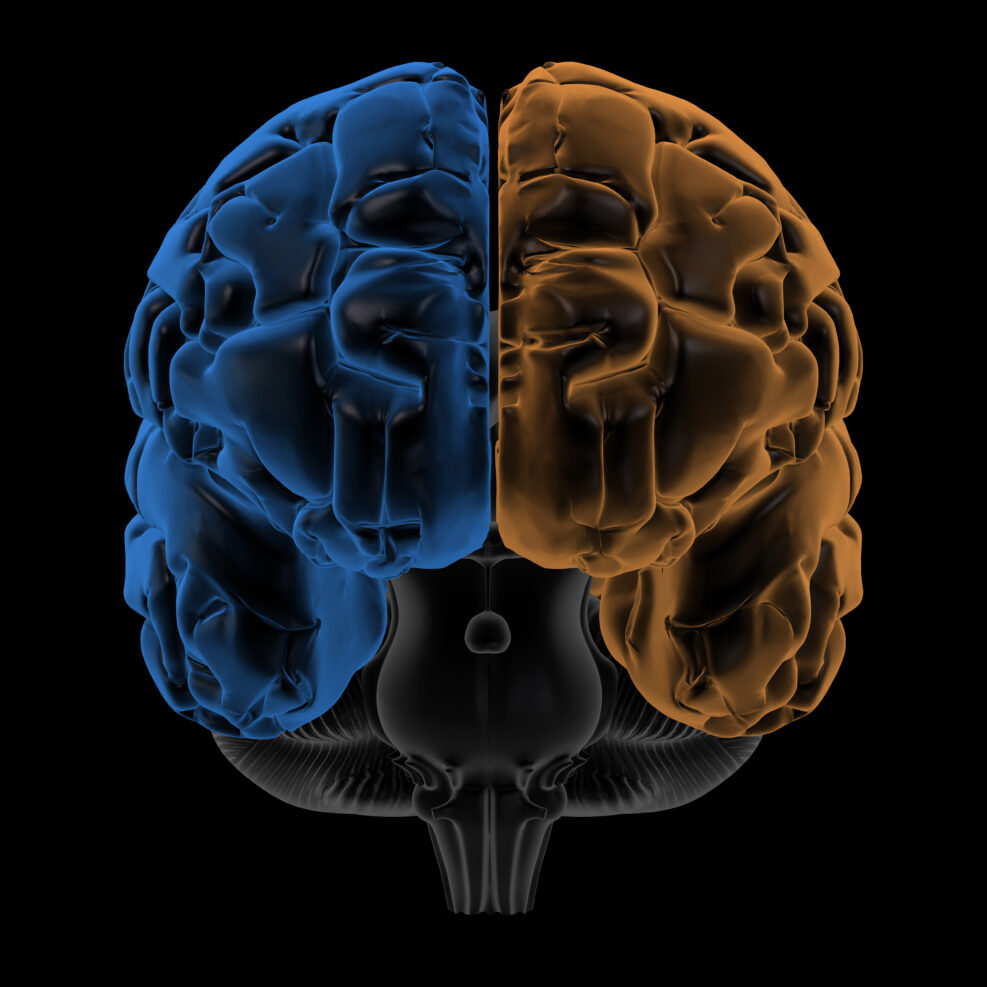

Denyse O'Leary


Prehistoric Children with Down Syndrome Were Valued, Burials Show
The six found so far from one culture, identified by DNA evidence, did not live long but they were buried with grave goods
Philosopher: Non-Materialism Is Fashionable Orthodoxy Now
Non-reductionism, which means that the mind is not simply reducible to the brain, is now well accepted, she argues
If Information Is Wealth, Are Deepfakes a Form of Counterfeiting?
The current tech media overdose on panic over deepfakes. They could be drowning out practical ways of fighting back
When Censorship Parades Itself as a Science…
A House Subcommittee discovered that the National Science Foundation — which is supposed to support science and engineering — is readying censorship tools
Palliative Care Doctor: What Dying Feels Like
Although a dying person tends to spend more and more time asleep or unconscious, there may be a surge of brain activity just before death
Hall of Mirrors: The Many Ways Consciousness Baffles Researchers
Does consciousness have a seat at the table? Wait a minute. Isn’t consciousness the table? Or is it?
Book Banning Today: Silently … Not Like in the Old Days
Traditional anti-book banning groups are simply not where the action is and maybe don’t want to beLast week we looked at the way censorship in the age of the internet is typically invisible. It’s not the police raiding bookstores; it’s — for example — sudden downranking of posts so that information that might have reached millions of people reaches only dozens. Constantly suppressed, it can’t go viral. We can see the change more clearly if we look at the difference between how books (and other information) used to get banned and how they get banned today. Book banning before the internet When the word “book bans” is used today, it usually means something different from what it meant even a few decades ago. Ulysses, a groundbreaking work by Irish novelist James Joyce (1882–1941) was indeed banned Read More ›

Are the New Atheists Losing Their “Cool” Quotient?
And taking Darwinism with them? A look at what’s happened in the last two decades would seem to suggest that
Yes, Plants Do Communicate — But Is It a One-Way Street?
Are we straining the meaning of the term “communication” by overinterpreting what we observe?
How Censorship Has Changed and Why That Matters So Much
The way censorship works now, you don’t even know about it. So it is much more difficult to protest.
Could Human Consciousness Be a Recent Historical Development?
Julian Jaynes’s bicameral mind theory, popular in the 1970s, stated that until about 3000 years ago, humans were not really conscious
Thinking Back to the Very Beginnings of Art
It just appears, from great antiquity, and we really don’t know why. All we know is that animals don’t do it
Why Is 23andMe — the Hot Gene Testing Startup — Now Worthless?
Birthed in Silicon Valley among high-tech go-getters, it should still be steaming along, right? But traditional bedrock business realities cursed it at its birthEmbattled genetic testing outfit 23andMe had a customer base of 14 million for its home DNA testing kits. Thus, many of us know at least someone who has discovered a partial Mongolian, West African, or even Neanderthal ancestry via the famous “spit kit.” The 2006 startup, birthed in Silicon Valley and riffing off the Human Genome Project (2000), had a dazzling “the future is now!” launch. The founder, Anne Wojcicki (pronounced as if “Wojisky”), was the daughter of “Godmother of Silicon Valley” Esther Wojcicki and sister of YouTube’s former CEO, Susan Wojcicki. For a time, she was married to Google co-founder Sergei Brin and had plenty of billionaire backers. Thus 23andMe raised $1.4 billion in funding. So why has the Read More ›

Asked at Psychology Today: Were Neanderthals Religious?
We can’t poll long-dead Neanderthals on life, death, and the hereafter but the evidence we’ve dug up suggests they were thinking about that kind of thing
When a Brilliant Man Has a Very Confused Perspective …
Astrophysicist Avi Loeb simply doesn’t seem to see that human beings are more valuable than advanced machines
Researchers: Goats Can Read Basic Human Emotions
The research team hopes to improve care of livestock by establishing what they do and don’t feel about the way they are treated
What Will the New Media Landscape Look Like?
Billionaires have been “scooping up” publishers in recent years but that has not stopped the bleed of red ink
Scientists Attempt an Honest Look at Why We Trust Science Less
Contemplating the depressing results of a recent Pew survey, a molecular biologist and a statistician take aim at growing corruption in science